It seems I can rarely go a week without casually suggesting to my husband that we sell everything, disappear into the mountains and kiss modern life – with all it’s modern problems – goodbye.
At one time, I thought this semi-serious need to remove ourselves from society and seek a quieter life was an uncommon notion but if there’s one thing my 30s have taught me, it’s that just about everyone has dreamt of escaping into the wilderness at one time or another.
Rarely do people actually live out their off-grid fantasies … unless you’re John and Bea Dowd, who did just that in the early 2000s. Now we can all live vicariously through them thanks to their detailed account of their time on a small, remote island off the coast of Tofino.
Escape to Clayoquot Sound, published by Heritage House, follows John and Bea’s initial discovery of a small, off-grid, seaside cabin on Vargas Island near Tofino, then through their unforgettable years with only the coastal wolves, ravens and other island wildlife as neighbours.
“It was like entering an old sailing ship. Driftwood logs had been notched into a sparse post-and-beam frame with naturally bent braces, every feature built-in: two upholstered bunk-style couches, nooks of fitted shelves, and, beneath the paned windows with their display of old bottles, looking out over the beach, a wide, chest-high workbench surfaced with wooden tiles,” the two write. “The floor was of coarse planks worn smooth. Thick spiral steps built of golden hardwood and notched into a heavily weathered driftwood post gave access to a loft. There, a home-built double bed surrounded by empty bookshelves and an empty closet occupied most of the space. Clearly, whoever had lived here was no longer in residence and, judging from the dust, had left some time ago.”
* * * * *
Filled with delightful humour, sage advice, endearing misadventures and heartwarming moments, this is a summer 2024 must-read for anyone captivated and inspired by the beautiful Pacific Northwest, and in particular the wilds of Vancouver Island.
When I first called John and Bea they were wrapping up lunch – “Perfect timing,” was John’s response. Before long we realized that we were “almost neighbours” on Vancouver Island and could have enjoyed our conversation over a meal instead of a phone call. Personally, I wished we had met in person as a part of me was eager to meet these intriguing adventurers that I had so eagerly read about till the wee hours of the morning just the night before.
As I started down my list of questions, it quickly became clear that John was just as charming over the phone as he is in the book, and Bea, much as she did between the chapters written by John, was always ready to chime in with valuable insights and clarifying details.
Being a would-be West Coast adventurer myself I had some key questions after reading about their once-in-a-lifetime experience. What were their biggest challenges? What did they learn from their time on the island? Did they have any advice for others considering an off-grid lifestyle?
As it turns out, their time on Vargas Island was more of a return to a lifestyle they were both familiar with. The two had previously spent 15 years living and raising their two children off-grid in the Cypress mountains above Vancouver.
“Our working title for the book had been: OUT THERE — Our Stolen Years in Clayoquot Sound,” Bea says. “We didn’t actually ‘escape,’ we were seekers, stealing away together because we had the time and a longstanding wish to live a simple life by the sea, surrounded by natural beauty.”
John and Bea have long been admirers of the world’s natural beauty and often shaped their lives and careers around their adventurous spirits. As co-founders of Sea Kayaker magazine, owners of Ecomarine Ocean Kayak Centre in Vancouver’s Granville Island between 1980 and 1990, these and various other entrepreneurial endeavours offer a closer look at how these two have long been part of the West Coast landscape.
While their time in a small, coastal cabin sounds idyllic, their story also shows the many ups and downs that accompany such a lifestyle (And no, the lack of indoor plumbing and two-hour kayak / 30-minute boat trip to the closest town – Tofino – didn’t even make the list).
My inquiry into what challenges they faced was met with amused laughter and a half-hearted mention of “wild West Coast weather” from Bea, while John couldn’t conjure up any real challenges at all: “Challenges? Bea were there any challenges? I can’t think of any.”
“I suppose the weather,” Bea replied, “but John loves wild weather. We welcomed it as well as any other challenges that came our way. We were ready for them.”
After reading about their interactions with the island’s local wolf population, which once encircled Bea entirely during a late-night run to the outhouse, various rough trips travelling between Vargas and Tofino for supplies, and similar tales I couldn’t help but laugh at how their only thought on ‘challenges’ was some occasional wild weather.
“Hearing yells, I rushed downstairs with my noisemaker of choice, the shotgun. Wolves everywhere. I fired into the air. Boom! They ran in all directions, howling. Bea came flying out of the night in her flannelette nightie, headlight ablaze, wide eyed, arms flapping.”
– excerpt from Escape to Clayoquot Sound.
* * * * *
At various points in the book I couldn’t help but feel surprised at just how frequently John and Bea ended up playing hosts to both invited and uninvited guests who turned up on their remote section of beach. Knowing they’d sought Vargas Island in hopes of finding quiet refuge, it seemed almost comical that at times they appeared to have more visitors than many of us living in the city might expect.
From B.C. Parks workers, to coast guard, international travellers and school groups, Bea and John were always the most gracious of hosts, whether offering a hand, providing tips to kayakers stopping over on their way up the coast or offering ill-prepared students a warm, dry place to rest before continuing on their travels.
“The storm blew and rained hard for four days. The group had no tents and only a single tarp, which they rigged a few feet from the ground for everyone to crawl under at night. When we spoke on day two, their sleeping bags were sodden and they were standing around a smouldering fire shivering, watching their leader try and coax heat into some wet, charred wood. Water dripped off the students’ hair onto black garbage bags substituting for raincoats, holes cut out for heads and arms. Some of the boys were grey with cold. We took them back to … dry out and warm up and later showed them how to rig a tarp properly and set the right sized fire beneath it.”
– excerpt from Escape to Clayoquot Sound.
For readers inspired by their tales of life on Vargas Island, John and Bea share some advice on where to start – beginning with finding the right place.
“We had been looking for the perfect place for years and had even looked internationally in places like the Bahamas and New Zealand before I found Vargas. If I was to start over on that search, I would start by looking in person in areas known to be more remote,” John suggests.
Self-sufficiency is essential, and “I would also suggest making sure you have enough capital to sustain yourselves for at least a year. We were hardly living off the land while on Vargas – we did keep a garden and fish but we also went to town frequently for supplies or visits to the laundromat and post office.”
And “remote” needn’t be too far from what you need. “Often you can find the beauty and quiet you seek quite close to some kind of community with services you can access as needed,” Bea adds. “With both Cypress Mountain above Vancouver and our Clayoquot Sound stay, we were within half an hour of town; yet we felt a real sense of freedom.”
Today, some 10 years later, the two are in their 70s and enjoying life with running water and other modern conveniences on a homestead acreage near Nanaimo.
However, they still chop their own wood, keep chickens and maintain a large garden. John still paints (a leftover hobby from his time on Vargas) and both are still actively involved in the kayaking community.
“I find nearly all my paintings are of the beaches on Vargas still, even 10 years later,” John reflects.
Ultimately their goal with writing the memoir was as much about them taking the time to revisit their memories of Vargas together as anything else. Keen-eyed readers will note the dedication of Escape to Clayoquot Sound is “To each other.” Readers who enjoy true stories of romance and love are sure to enjoy the themes of sincere lifelong dedication, loyalty and joy shared between John and Bea. I don’t know if they intended to inspire readers with their love story but even if unintentional they were undeniably successful in doing so.
As for their homestead on Vargas? Well, you’ll have to read their book, available at independent Canadian bookstores as well as Indigo and Amazon, and online at heritagehouse.ca/book/escape-to-clayoquot-sound, to learn what comes of their little seaside home in the end.
Plan your adventures throughout the West Coast at westcoasttraveller.com and follow us on Facebook and Instagram @thewestcoasttraveller. And for the top West Coast Travel stories of the week delivered right to your inbox, sign up for our weekly Armchair Traveller newsletter!

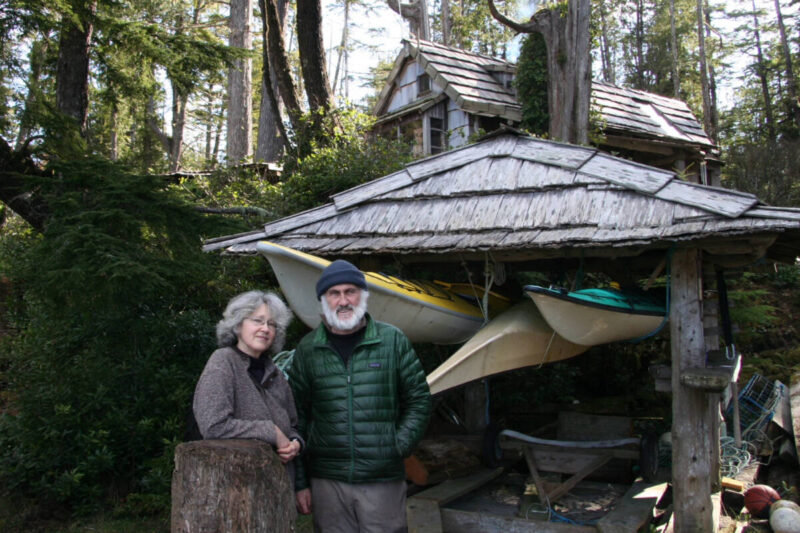
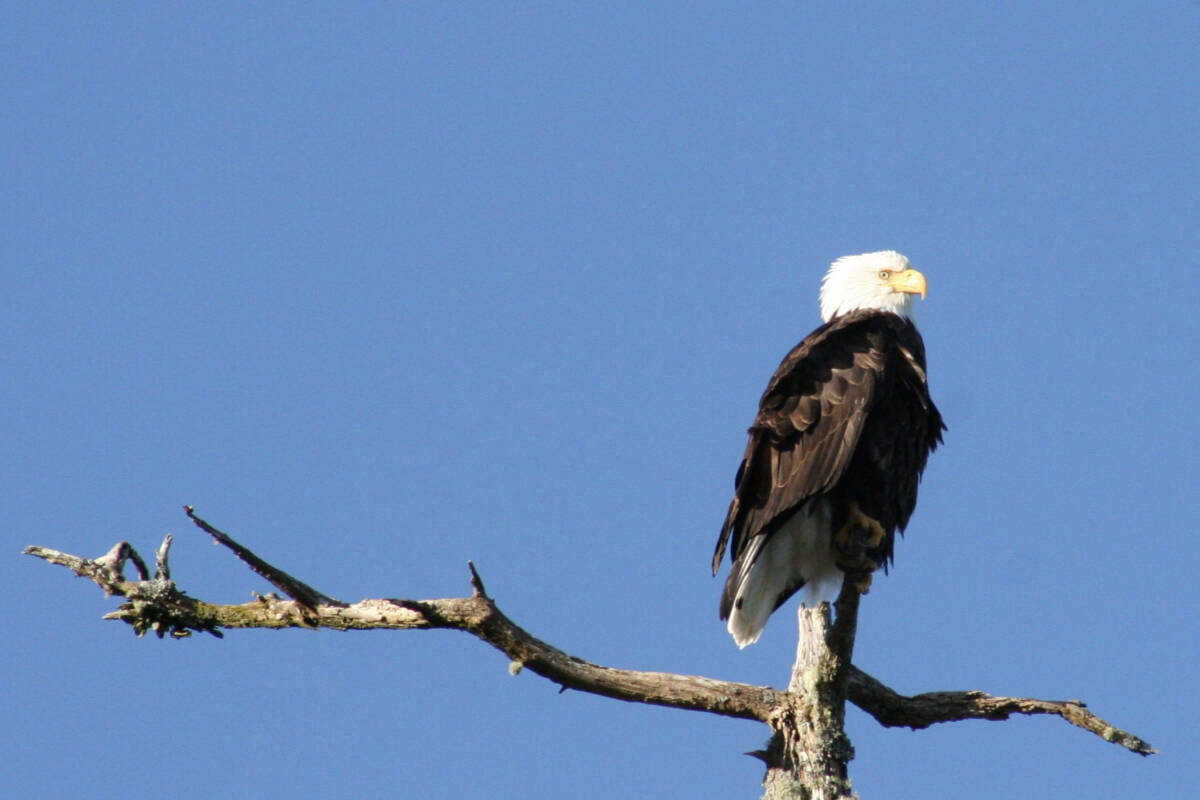
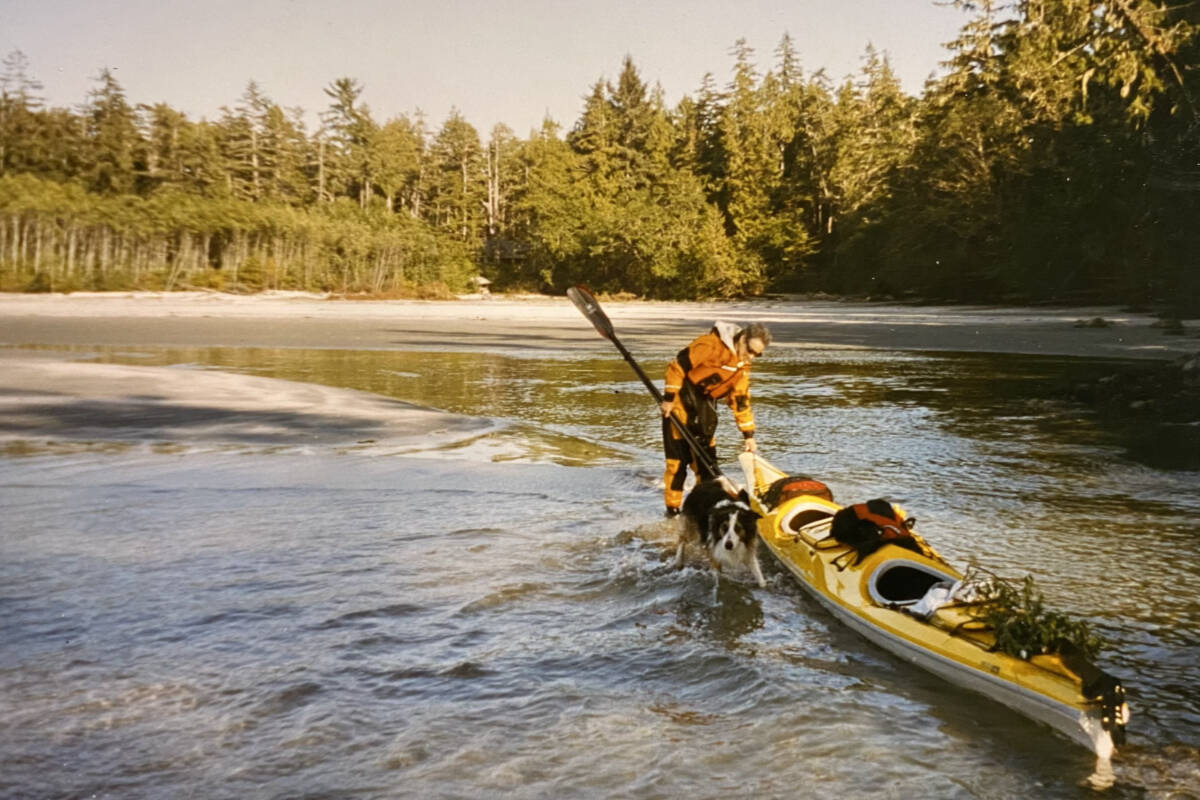
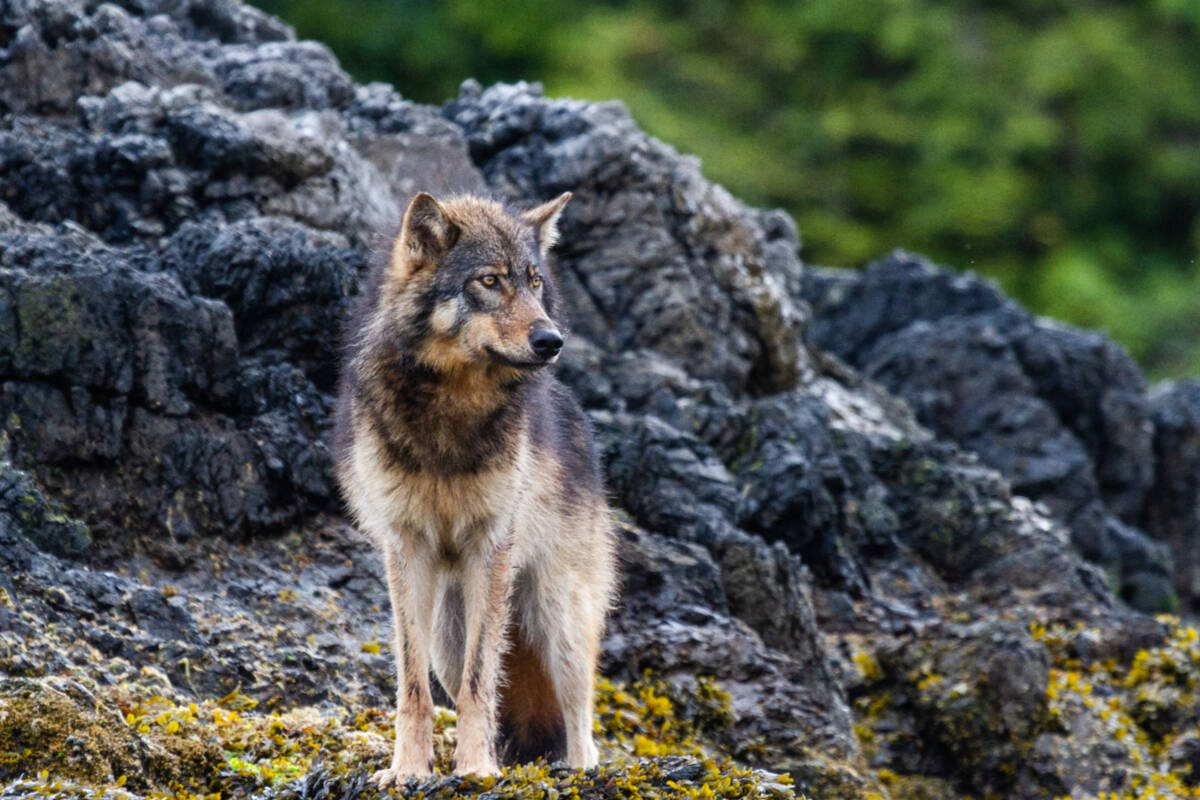
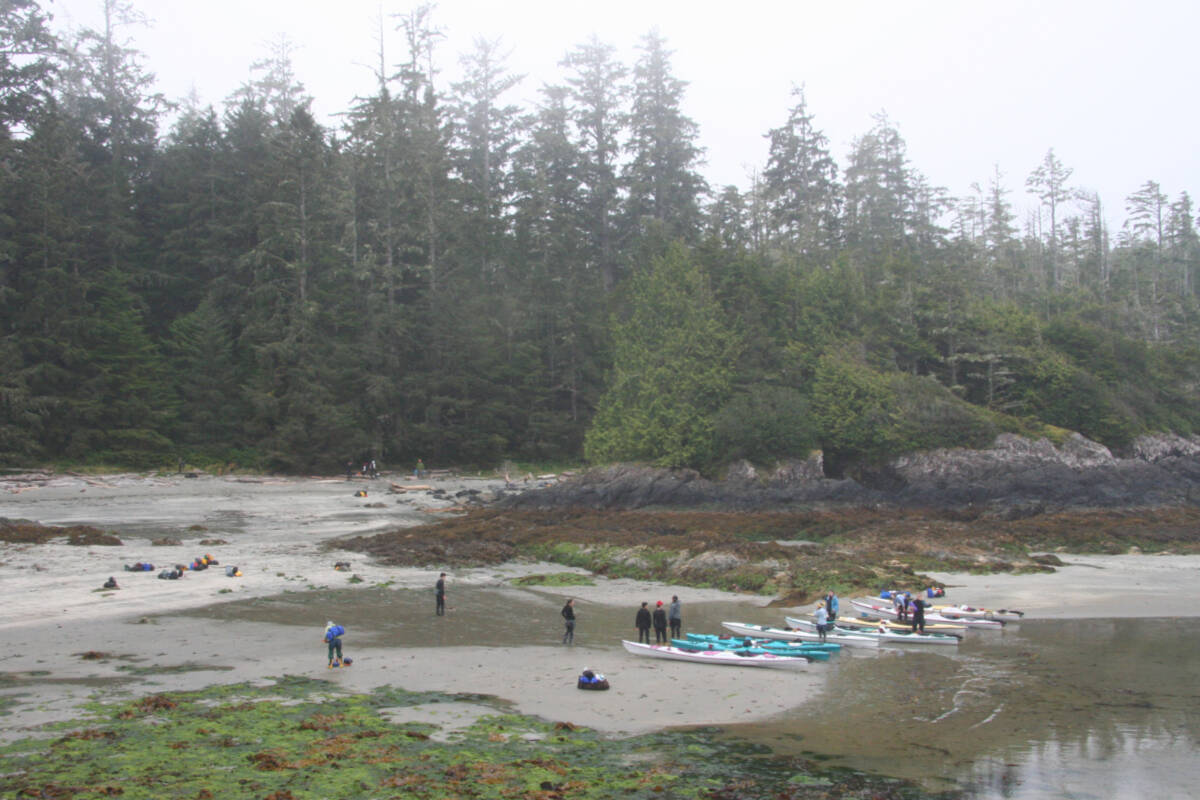
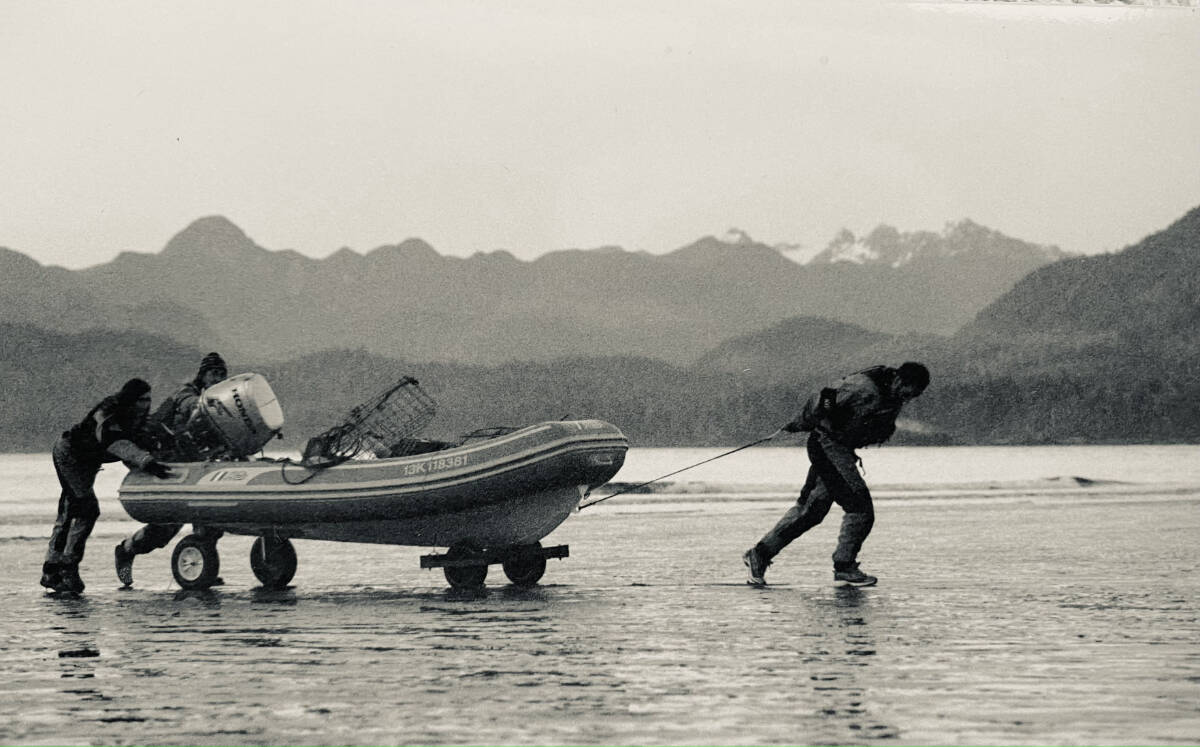
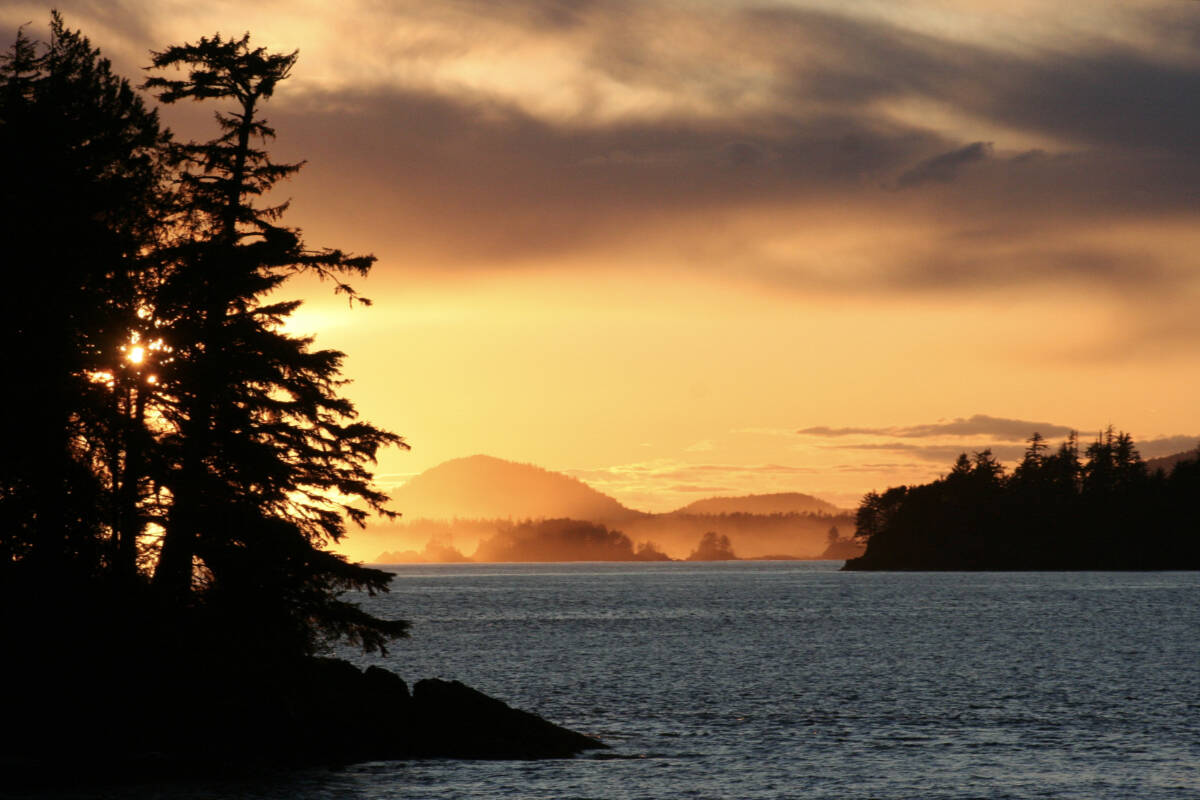
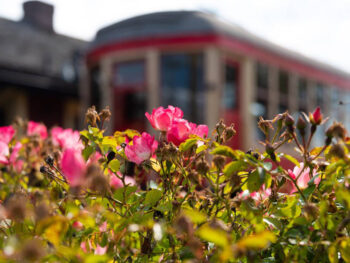
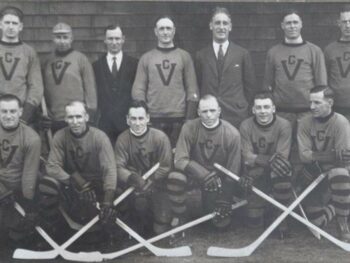
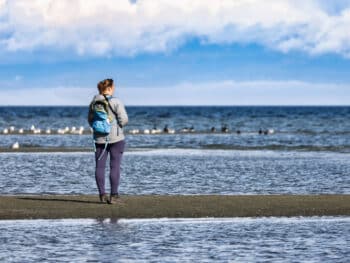
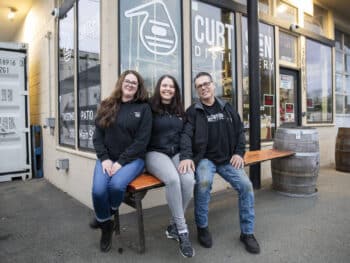
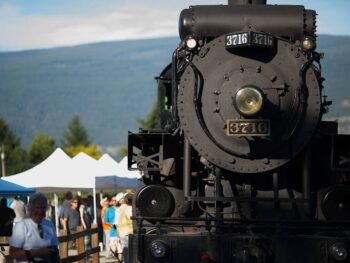
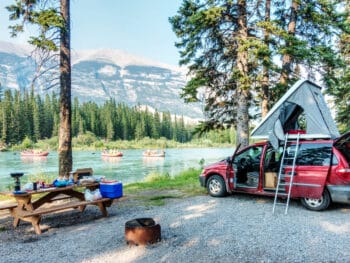

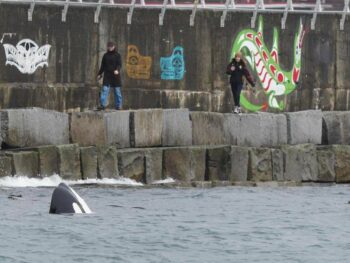
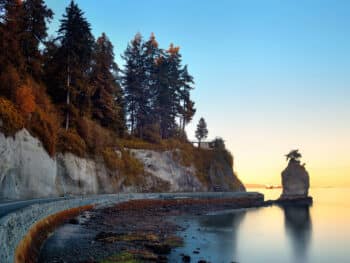
 WestJet planning new fare category for travellers willing to forgo carry-on
WestJet planning new fare category for travellers willing to forgo carry-on